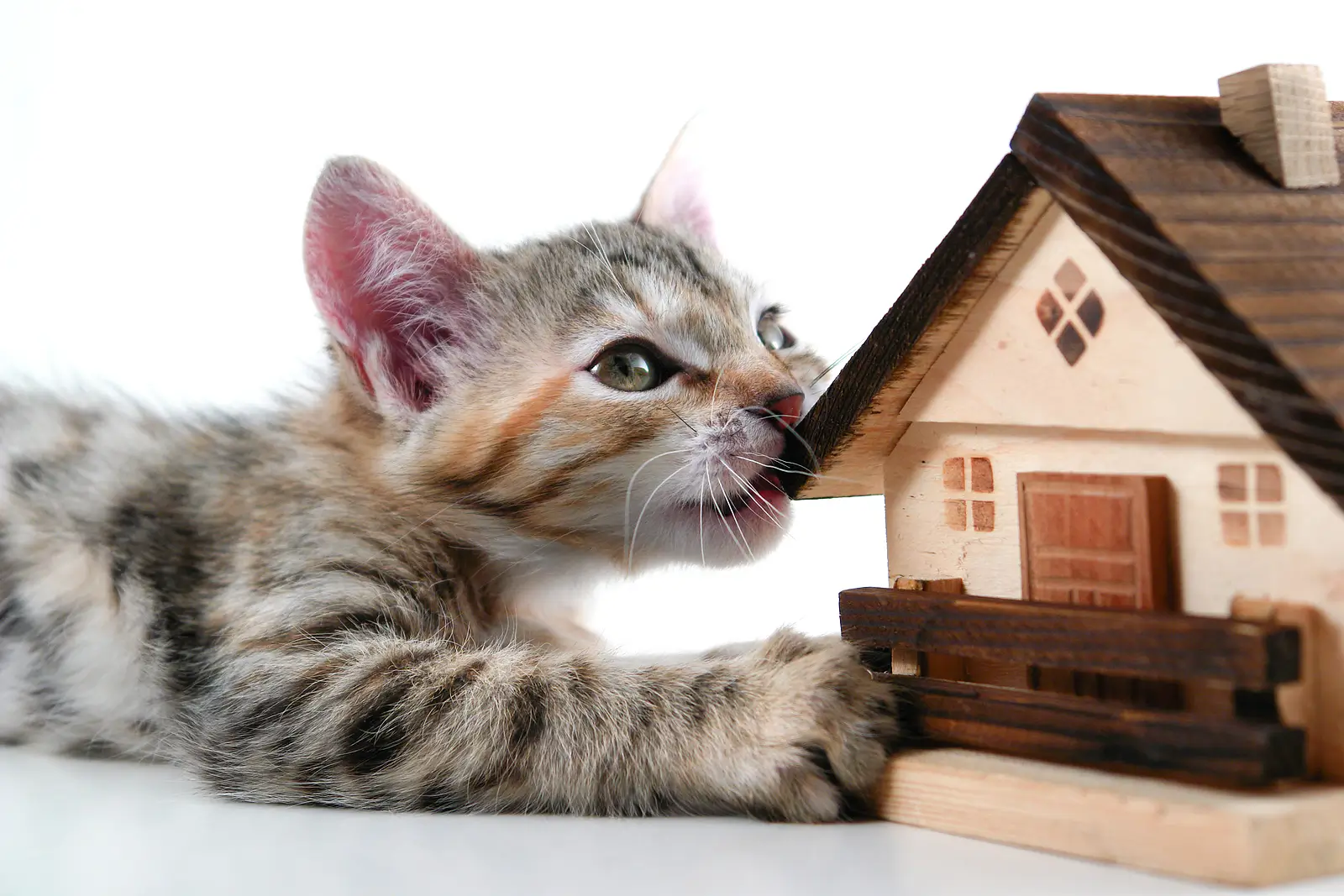Miami’s rental market is full of pet owners searching for pet-friendly properties, and smart landlords are taking notice. Allowing pets in your rental property can attract more responsible tenants, reduce vacancy, and build better tenant loyalty. But let’s be honest, pet ownership comes with risks. That’s where a pet deposit comes in.
This article will guide Florida landlords through what a pet deposit actually covers, how to protect your property from pet-related damages, and how to stay compliant with state and local laws. Keep reading.
What Does a Pet Deposit Cover?
A pet deposit is designed to cover pet-related damages that go beyond normal wear and tear. While all rentals experience some signs of use over time, damage caused by pets tends to be more specific and often more costly if not addressed.
Here’s what a pet deposit usually covers:
- Pets, especially dogs with long nails or anxious behavior, can leave noticeable gouges on hardwood, laminate, or even metal door frames.
- Puppies or bored animals may chew on window blinds, baseboards, or door moldings, often requiring full replacement.
- Accidents on carpets or floors can result in stains or lingering odors that standard cleaning methods can’t fully remove.
- In some cases, the entire unit may need deep cleaning or deodorizing treatments such as ozone treatment to eliminate strong pet smells, especially in pet-friendly apartments with shared ventilation.
- Outdoor areas like yards or patios can also suffer damage as pets may dig holes, tear up turf, or chew on fencing
It doesn’t cover typical wear and tear, such as faded paint or worn carpets. If there’s no excess property damage due to the tenant's pet, the pet deposit should be returned in full once the tenant vacates the unit. Be sure to document your property’s condition with a walk-through inspection at move-in and move-out.
Legal Reminders for Florida Landlords
Florida landlords must exercise caution when handling any deposits, whether traditional security deposits or pet deposits. These funds should be kept in a non-interest account unless you choose to collect interest and clearly tell the tenant about it.
If you plan to keep part of the deposit, you must send a written notice right away. If you don’t follow the rules, you could lose the right to keep any of the money.
Florida law is clear: be honest, follow the deadlines, and list any repair or pet damage costs. Sticking to these rules helps protect both you and your tenant.
Not All Pets Are Pets: Emotional Support Animals and Service Animals Explained
Under the Fair Housing Act, emotional support animals (ESAs) and service animals are not considered pets. Because of this, landlords are not allowed to charge pet fees, pet rent, or collect a pet deposit for these animals. However, tenants are still responsible for any damage their assistance animals cause.
To stay compliant with the law, make sure your pet policy clearly separates regular pets from ESAs and service animals. This helps avoid confusion and keeps your property management practices in line with fair housing rules.
Use a Comprehensive Pet Policy
If you’re allowing pets in your rental unit, you need a clear, fair, and comprehensive pet policy. This should be included in your lease agreement and signed by the tenant. Your policy can cover:
- Breed restrictions and weight limits (if allowed by local law)
- Requirements for proof of vaccinations or licenses
- Rules about pet noise, supervision, and waste disposal
- Steps for handling unauthorized or problem pets
- Whether you charge monthly pet rent, and how much the monthly fee is
Having this in writing helps avoid misunderstandings and ensures you have legal backing if issues arise. It’s especially helpful in pet-friendly rentals where other tenants may be affected.
Conduct a Pet Interview and Require Approval
Just like you screen tenants, it’s a smart move to screen their pets too. You can ask for a pet application or even do a pet interview to learn more about the animal. Important details to ask for include the pet’s breed, age, weight, temperament, and any training history.
You might also request references from previous landlords. This extra step is especially helpful in pet-friendly properties, where untrained or aggressive pets can disturb neighbors or cause damage.
Always give written approval for pets to avoid future disagreements, especially if your lease requires tenants to give written notice for any changes.
Why Pet Deposits Are Worth It
Allowing pets in your rental property offers numerous advantages, but it's important to protect your investment. A pet deposit helps you do just that, and here's how:
- Financial protection involves covering any pet-related damages and keeping your property in good condition.
- Attracting potential tenants, as pet owners are often long-term and care for the property.
- Ensuring compliance with Florida's security deposit laws and protecting your rights as a property owner.
- Reducing disputes by having a clear pet policy that sets expectations for tenants.
By using a pet deposit and establishing a clear pet policy, you can maintain a pet-friendly rental while safeguarding your property.
Smart Pet Policies Start with You
In a city full of pet-owning tenants, offering pet-friendly housing can be a smart business move if you handle it the right way. A pet deposit provides property owners with the financial protection needed against unexpected pet-related damage.
Just remember to follow Florida law, establish strong lease terms, and conduct regular inspections. With the right structure, allowing pets can help you build a more successful and positive landlord-tenant relationship while protecting your investment.
If you're ready to take the stress out of managing your property and ensure everything runs smoothly, JMK Property Investment is here to help.
With over 1,000 properties under management in Miami-Dade County, our hands-on approach and comprehensive services can protect your investment and streamline your management needs.
Contact us today to learn how we can help you maximize your returns and maintain tenant satisfaction.
Frequently Asked Questions
1. Can I charge a higher pet deposit for multiple pets?
Yes, you can increase the pet deposit based on the number of animals, as long as it’s reasonable and clearly included in the lease. Keep it within limits based on local deposit norms.
2. Do I need to return the pet deposit separately from the security deposit?
No, the pet deposit can be refunded along with the general security deposit, but all deductions—especially pet-related ones—must be itemized and explained in writing.
3. What happens if a tenant sneaks in a pet without approval?
If your lease prohibits unauthorized pets, you can issue a lease violation, charge backdated pet fees, or begin the process for eviction—depending on your pet-friendly policy and local regulations.



